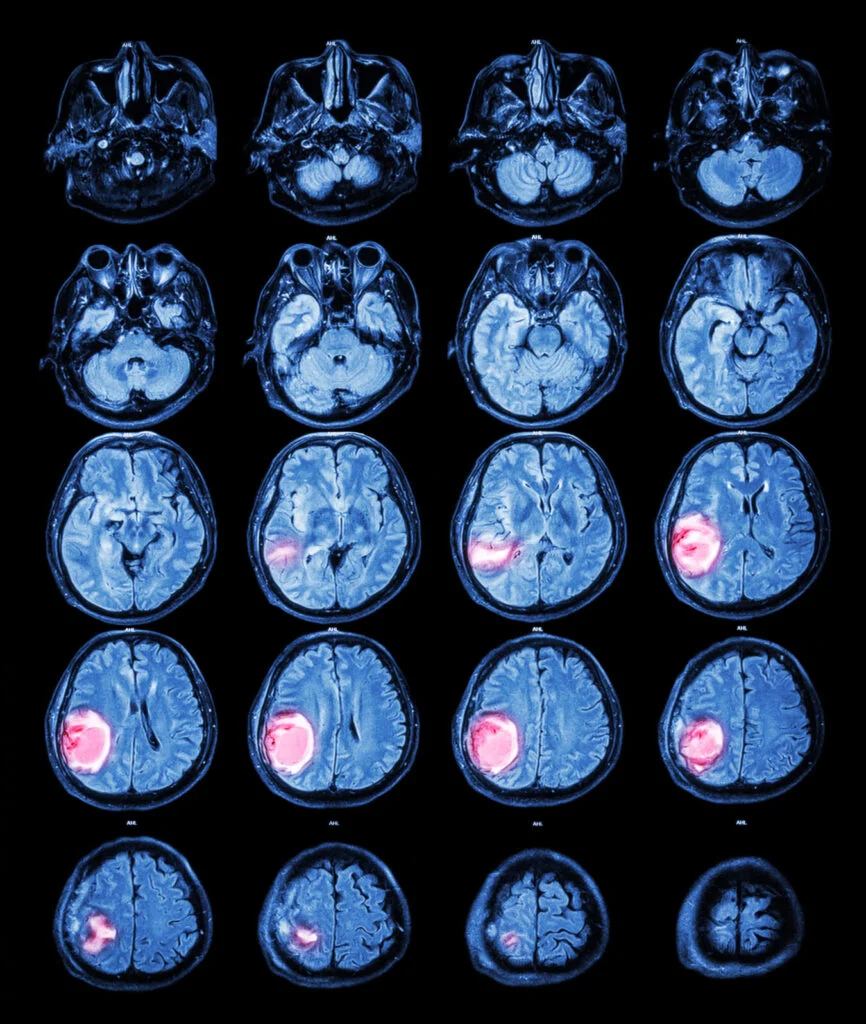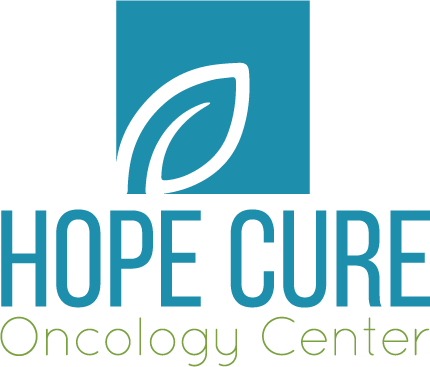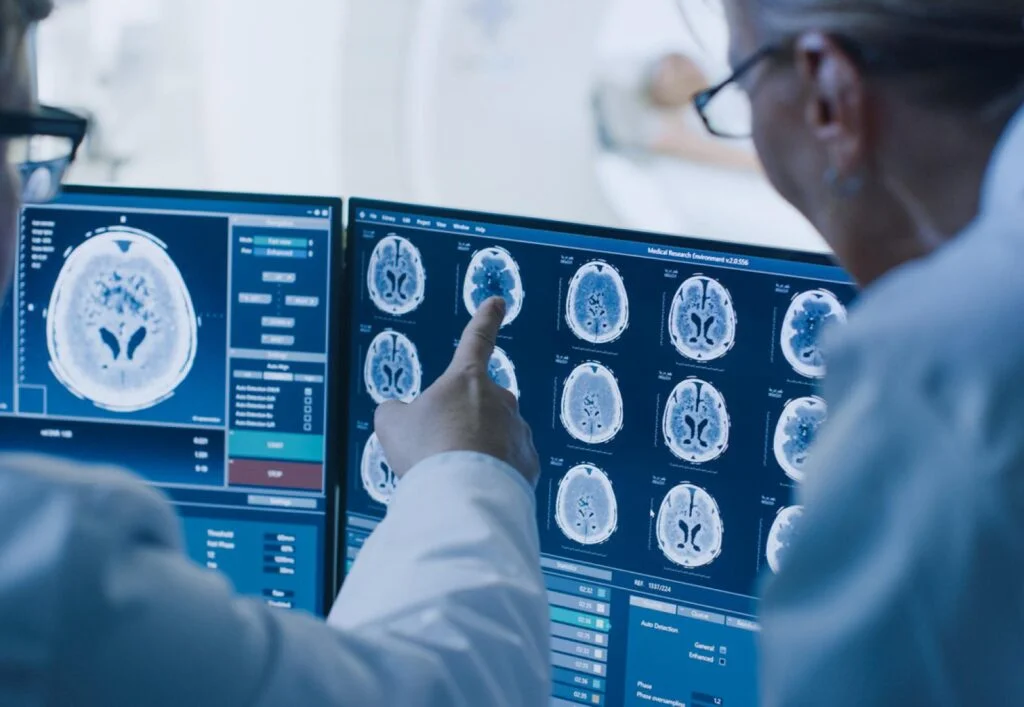What are the causes of
tumors
There are several factors that can increase the risk of developing tumors. These factors are usually general, such as fatigue, stress, lack of sleep, poor diet, smoking, alcohol consumption, and other factors. Furthermore, there are genetic factors that can make an individual more susceptible to the risk of developing tumors.
Therefore, if these genetic factors are present, a person should be sure to undergo regular checkups and visit a specialist doctor regularly to detect the disease early and thus increase the chances of recovery.
 English
English





